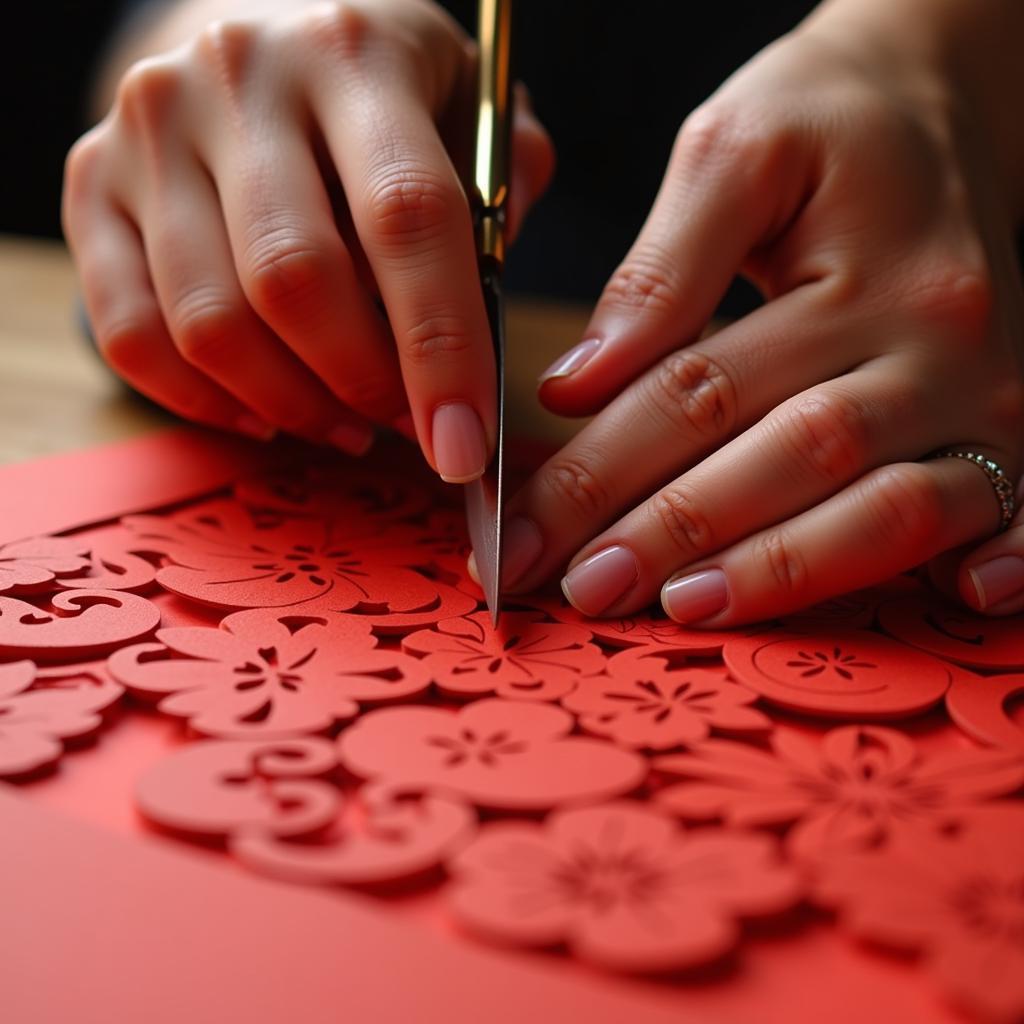When discussing unique abilities in IELTS Speaking, candidates often struggle to provide compelling responses that showcase their language proficiency. Similar to describe an unusual job you heard about, this topic requires careful preparation and strategic thinking.
Part 1: Introduction Questions
Common questions include:
- Do you enjoy learning new skills?
- What was the last skill you learned?
- Is it important to keep learning new things?
Sample answer (Band 8-9):
“I’m absolutely passionate about acquiring new skills. Most recently, I learned to do traditional paper cutting art, which is quite fascinating. I firmly believe that continuous learning keeps our minds sharp and helps us adapt to our ever-changing world.”

Part 2: Cue Card
You should talk about:
- What the unusual skill is
- How you learned it
- Why you decided to learn it
- And explain how you feel about this skill now
Just as describe a time when you tried a new sport or activity, here’s a model answer:
Band 8-9 Response:
“I’d like to share my experience of learning morse code, which is undoubtedly an unusual skill in this digital age. What sparked my interest was a historical documentary about wartime communication. I was utterly fascinated by how this simple system of dots and dashes revolutionized long-distance communication.
I embarked on this learning journey through an online course, supplementing it with practical exercises using a morse code key. What makes it particularly interesting is that it engages both mental and physical skills – you need to memorize the patterns while developing the right rhythm and timing.
The most rewarding aspect is that it’s given me a deeper appreciation for communication technology. It’s remarkable how this skill has enhanced my understanding of historical events and opened up opportunities to connect with fellow enthusiasts worldwide.”
Band 6-7 Response:
“I learned morse code, which isn’t very common nowadays. I got interested after watching a movie about war communication. I studied it online and practiced with a morse code device.
It was quite difficult at first, but I kept practicing. I wanted to learn it because I think it’s interesting and different. Now I can send basic messages, and I enjoy using this skill when I meet other people who know it.”
Part 3: Discussion Questions
Q: Do you think traditional skills are becoming less important in modern society?
Band 8-9 Response:
“While there’s no denying that technological advancement has transformed our way of life, I firmly believe that traditional skills remain inherently valuable. They not only preserve our cultural heritage but also foster creative thinking and problem-solving abilities that are increasingly crucial in today’s fast-paced world.”
Similar to how describe a person who enjoys cooking demonstrates the importance of traditional skills, these abilities often provide unique perspectives and solutions to modern challenges.
Key Vocabulary and Expressions
- To embark on: Begin (a course of action)
- To supplement with: Add something to improve
- Utterly fascinated: Completely interested
- Revolutionary: Causing great change
- Deep appreciation: Thorough understanding
- Enhanced: Improved or increased
- Inherently valuable: Naturally important
Remember to use these expressions naturally and practice incorporating them into your responses. Like describe a day when you did something different from your routine, discussing unusual skills requires balancing detailed description with engaging delivery.